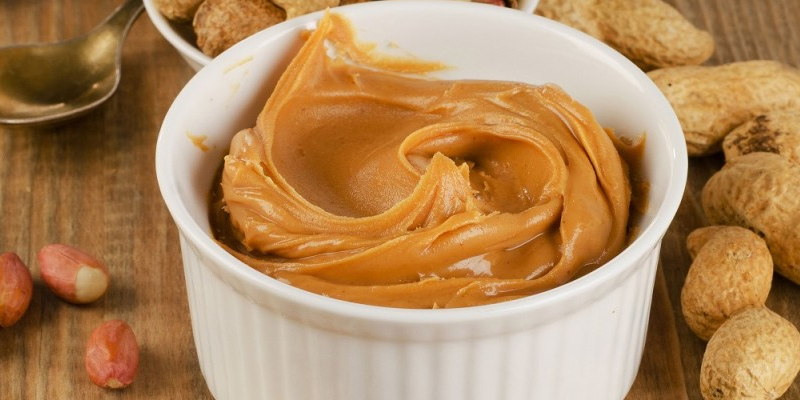As it turns out, nearly every nut can be turned into butter. Peanuts may still dominate the market (the love among fans is deep) but there are many readily available alternatives if you’re allergic or peanut butter just isn’t your jam.
We’ve taken a look at some of the more well-known nut-based spreads to find out their health benefits.
“Each variety offers something a little different, and all are beneficial in their own way,” said dietitian Nancy Clark.
“None of the nuts in them can be labelled bad for your health, and something positive can be said about every single one of them.
“I think they’re actually one of the best diet foods around because you can put it on bread or crackers, and they’re really satiating.
“It stays with you so you’re not looking around for cookies or some other empty-calorie junk food.”
It goes without saying but whichever butter you fancy, it’ll healthier if it’s made from nuts alone.
“But be careful that additions of salt, sugar, and other oils haven’t hitched a ride,” warns Doctor David Katz, director of the Yale University Prevention Research Center.
Almond butter
Time Magazine spoke to five experts who all said yes to almond butter.
Let’s grind it down. Two tablespoons of plain almond butter has about:
● 7 grams of protein
● 18 grams of healthy fats
● 3.3 grams of fibre.
“Almond butter is a dieter’s best friend due to its lack of carbs and its abundance of protein and healthy fat — both fill you up and keep you satisfied,” explained dietitian Kristin Kirkpatrick.
Cashew butter
Nutrition Australia advice says cashews are a good source of iron and zinc and they have a low glycemic index. From two tablespoons of cashew butter you’ll also get around:
● 5 grams of protein
● 15 grams of healthy fats
● 2 grams of fibre.
According to the BBC’s Kerry Torrens, because they contribute a good level of protein and are a useful source of minerals, cashews make an excellent choice if you’re following a vegetarian diet.
“They’re also rich in the mineral magnesium, which is thought to improve recall and delay, age-related memory loss,” she said.
Tahini
Made from ground sesame seeds, tahini is high in protein, B vitamins and vitamin E. It’s used as a base for dips you might be familiar with such as hummus and baba ganoush.
According to food journalist Joanna Blythman, tahini contains more protein than milk and most nuts.
“It may look like an unpromising, oily, beige sludge, but the thick, stiff paste … is a star ingredient that deserves a permanent place in the larder,” she wrote in The Guardian.
“It’s a rich source of B vitamins that boost energy and brain function, vitamin E, which is protective against heart disease and stroke, and important minerals, such as magnesium, iron and calcium.”
The Dietitians Association of Australia recommends one serve of nuts per day as part of a healthy diet.
If you’re up for a cooking challenge you should make your own nut butter at home. Here’s a step-by-step guide. Go nuts.





